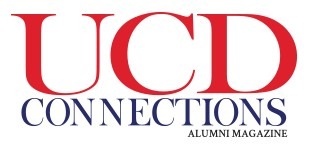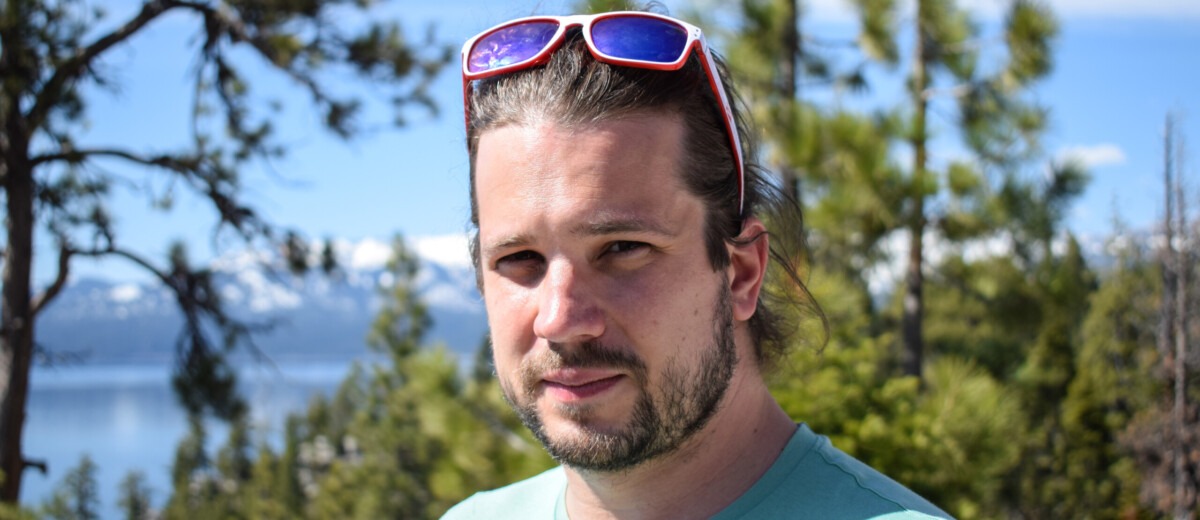Kristof Molnar-Tatai arrived as an Erasmus student in autumn 2009. Although he studied Philosophy, he has broken into the tech industry as a coder whilst using his humanities background. You can currently find him at the Hungarian development centre of Oracle.
1. Why did you decide to study abroad and what led you to decide on UCD?
From the beginning of my studies, I planned on participating in the Erasmus Programme and since I was not interested in learning French or German, I decided to check out Ireland and opted for UCD. This proved to be a very good decision, considering the quality of education I received during my time there.
2. What was your UCD experience like – the social scene, classes, lecturers?
I arrived in the autumn of 2009 with the financial crisis in full swing, so things were a little quieter, even when it came to students socialising, so I was definitely less active. Having said that, the philosophy department always had a pretty active calendar of events, parties and open lectures. I also appreciated the fact that there was always something happening on campus, UCD is great like that – some folks even organised a Chomsky lecture!
3. What is your fondest memory from your time on campus?
It’s very hard to pick a fondest memory since my whole time there was fantastic, but two memories have really stayed with me. One is the extended opening times for the library during the exam period, this is not very common in Hungary and it was a great surprise. The other thing is very specific to my field of study; I majored in philosophy and focused mostly on logic and philosophical methodology and coming from Central Europe it was a very surprising discovery to find the walls of the Department of Philosophy decorated by handwritten notes of the eminent Polish logician Jan Łukasiewicz. He used to teach at UCD and the department took great pride in this.
4. How did you end up in your current area of work?
I currently work at the Hungarian development centre of Oracle. As a humanities student this is not very common but I was always interested in computing, coming mostly from logic and computational linguistics. After finishing my degree, I first went to work in an office job from where it was even harder to switch into technology – as both my education and work experience were unrelated to development. Thankfully, my boss gave me a chance and I discovered that I was an excellent coder!
5. What interests you the most about your job?
I’m a small cog in a big organisation’s business intelligence sector. The best part of this is that I get to learn about a corporation’s internal business processes and the details of all our relevant technologies, of which we have tons!
6. What advice would you give to someone who is just beginning their career?
Don’t panic, your education prepares you to learn and improve over the course of your whole life, not for any particular job. In most jobs you really have to figure things out as you go. So, keep your cool, keep your eyes and ears open and be kind to your colleagues.
7. What is the most useful book you’ve read?
Oh, this is difficult but there are a couple of books I found hugely useful. The first is “The Power Broker” by Robert Caro. On the face of it, it’s the biography of Robert Moses, but on a deeper level it is a deep history of New York and how politics and power operate. It is full of life lessons and I recommend it to anyone working in an organisation, no matter how big or small.
My second choice is “Work Clean” by Dan Charnas that focuses on personal productivity. It is an immensely practical book aiming to learn from the way chefs in the world of haute cuisine work. Just consider, who’s better at multitasking: a broker sitting in front of Bloomberg, talking on two phones or a chef, doing 10 different plates at once? The book details the ways even an office worker can utilise principles of the kitchen to be better at their job.
8. What do you think your career priorities will be in 10 years’ time?
It will be more focused on leadership. I imagine myself well versed enough both in business and technology to form a bridge between these two worlds. I think the humanistic education that philosophy provides is exceptionally useful in this regard.

